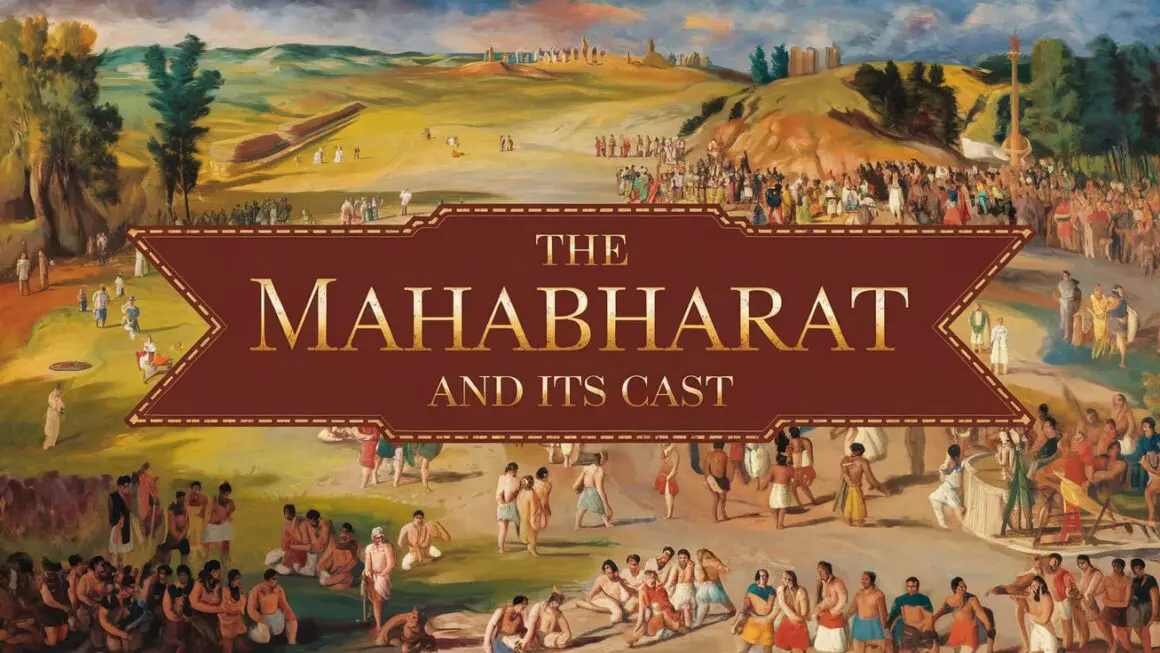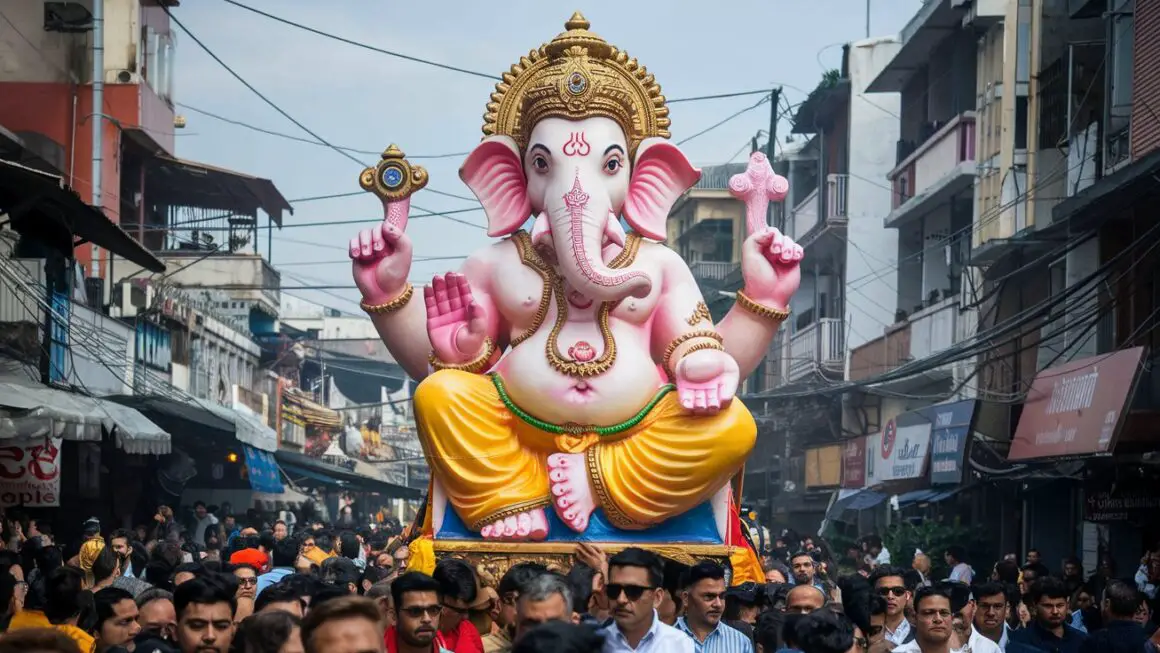Introduction
Lalu Prasad Yadav is a prominent Indian politician known for his significant influence on the political landscape of Bihar and India. As a charismatic leader with a distinctive style, Lalu Yadav has been a central figure in Indian politics for decades. Understanding his political career and family background provides insights into his impact on the country’s socio-political fabric.
Early Life and Education
Lalu Prasad Yadav was born on June 11, 1948, in Phulwaria, a small village in Bihar. Raised in a modest family, Lalu grew up experiencing the socio-economic challenges faced by rural communities in India. He pursued his early education in local schools before enrolling at Patna University, where he earned a degree in law. His academic journey played a crucial role in shaping his political ideology and aspirations.
Entry into Politics
Lalu Yadav’s political journey began during his college years when he actively participated in student politics. He joined the Patna University Students’ Union and quickly rose to prominence as a student leader. His involvement in the 1974 Bihar Movement, led by Jayaprakash Narayan, marked his entry into mainstream politics. Lalu joined the Janata Party, where he found a platform to voice his commitment to social justice and equality.
Rise to Prominence
In 1977, Lalu Yadav was elected to the Lok Sabha, the lower house of India’s Parliament, representing the Chapra constituency. His ability to connect with the masses and articulate their concerns made him a popular figure in Indian politics. In 1990, Lalu Yadav became the Chief Minister of Bihar, a position he held until 1997. During his tenure, he implemented policies aimed at empowering marginalized communities and addressing social inequalities.
Major Political Achievements
As Chief Minister, Lalu Yadav introduced several initiatives to uplift Bihar’s socio-economic status. His focus on social justice led to policies promoting education, healthcare, and rural development. Lalu’s government emphasized the empowerment of backward classes and worked towards bridging the gap between different social strata. Despite facing numerous challenges, his leadership left a lasting impact on Bihar’s development trajectory.
Controversies and Challenges
Lalu Yadav’s political career has been marred by controversies, the most significant being the fodder scam. This corruption scandal involved the embezzlement of government funds intended for animal husbandry, leading to Lalu’s conviction and subsequent imprisonment. Despite legal battles and criticism, Lalu’s political resilience allowed him to maintain a strong support base. However, the controversies have often overshadowed his contributions, impacting his political legacy.
Family Background
Lalu Yadav hails from a humble family background. His father, Kundan Rai, was a farmer, while his mother, Marachhiya Devi, managed the household. Growing up in a close-knit family, Lalu learned the values of hard work and perseverance. The support and influence of his family played a pivotal role in shaping his political journey, instilling in him a deep understanding of grassroots issues.
Marriage and Children
In 1973, Lalu Prasad Yadav married Rabri Devi, who later became a significant political figure in her own right. The couple has nine children, including two sons, Tej Pratap Yadav and Tejashwi Yadav, who have followed in their father’s political footsteps. Lalu’s family has been integral to his political career, with his wife and children actively participating in Bihar’s political landscape.
Rabri Devi’s Political Career
Rabri Devi, Lalu Yadav’s wife, emerged as a formidable political leader when she assumed the role of Chief Minister of Bihar in 1997. Her rise to power marked a significant moment in Indian politics, challenging traditional gender roles. Despite facing criticism and skepticism, Rabri Devi’s tenure was characterized by efforts to continue Lalu’s legacy of social justice and empowerment for marginalized communities.
Children’s Political Involvement
Lalu Yadav’s children have actively participated in Bihar’s political scene. Tej Pratap Yadav, his elder son, has held various ministerial positions in the Bihar government. Tejashwi Yadav, the younger son, has been a prominent leader in the Rashtriya Janata Dal (RJD) and has played a crucial role in shaping the party’s agenda. Their involvement signifies the continuation of Lalu’s political legacy, with a focus on addressing the state’s socio-economic challenges.
Influence of Family in Politics
The Yadav family has established itself as a political dynasty in Bihar, with Lalu’s influence extending through his wife and children. This family-centric approach to politics has drawn criticism, with accusations of nepotism and dynastic politics. However, supporters argue that the family’s deep-rooted connection with the electorate and commitment to social justice have been instrumental in maintaining their political relevance.
Lalu Yadav’s Political Ideology
Lalu Prasad Yadav’s political ideology is rooted in socialism and social justice. He has consistently advocated for the rights of marginalized communities, emphasizing the need for equitable distribution of resources and opportunities. Lalu’s political beliefs have been shaped by his early experiences and association with socialist leaders like Jayaprakash Narayan, influencing his approach to governance and policy-making.
Impact on Indian Politics
Lalu Yadav’s contributions to Indian politics extend beyond Bihar. His role in coalition politics and alliance-building has been pivotal in shaping the country’s political landscape. Lalu’s ability to mobilize support from diverse communities has made him a key player in national politics, influencing policy decisions and electoral outcomes.
Legal Troubles and Imprisonment
Lalu Yadav’s legal troubles, particularly the fodder scam, have been a significant aspect of his political journey. Convicted in multiple cases related to corruption, Lalu has spent considerable time in prison. Despite these challenges, he remains a prominent figure in Indian politics, with a loyal support base advocating for his release and return to active politics.
Public Perception
Lalu Yadav’s public perception is characterized by a blend of admiration and criticism. While his supporters praise his dedication to social justice and his charismatic leadership style, critics highlight his involvement in corruption and administrative shortcomings. Media portrayal of Lalu has often been polarizing, reflecting the complex nature of his political legacy.
Resilience and Comeback
Despite facing legal challenges and political setbacks, Lalu Yadav has demonstrated remarkable resilience in his political career. His ability to connect with the masses and adapt to changing political dynamics has enabled him to stage comebacks and remain relevant in Bihar’s political landscape. Lalu’s strategic alliances and grassroots support have been crucial in his efforts to regain political influence.
Legacy and Influence
Lalu Prasad Yadav’s legacy is characterized by his commitment to social justice and empowerment of marginalized communities. His impact on Bihar’s socio-political landscape and contributions to national politics continue to shape the state’s development trajectory. As a political leader, Lalu’s influence extends beyond his tenure, inspiring future generations of politicians and activists.
Conclusion
Lalu Yadav’s political career and family background offer valuable insights into his enduring influence on Indian politics. Despite facing controversies and legal challenges, his commitment to social justice and ability to connect with the masses have left a lasting impact. As his children continue to play active roles in politics, the Yadav family’s influence is expected to persist, shaping the future of Bihar and India.
FAQs
- What is Lalu Yadav known for? Lalu Prasad Yadav is known for his significant influence on Bihar’s politics, his tenure as Chief Minister, and his commitment to social justice.
- What is the fodder scam? The fodder scam was a corruption scandal involving the embezzlement of government funds intended for animal husbandry in Bihar.
- How many children does Lalu Yadav have? Lalu Yadav has nine children, including two sons, Tej Pratap Yadav and Tejashwi Yadav, who are active in politics.
- Who is Rabri Devi? Rabri Devi is Lalu Yadav’s wife and a former Chief Minister of Bihar, known for her political contributions and leadership.
- What is Lalu Yadav’s political ideology? Lalu Yadav’s political ideology is rooted in socialism and social justice, focusing on the empowerment of marginalized communities.














